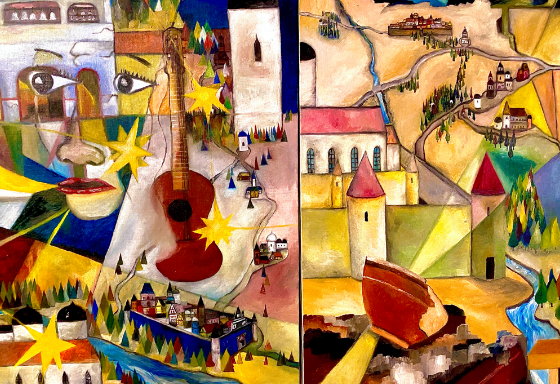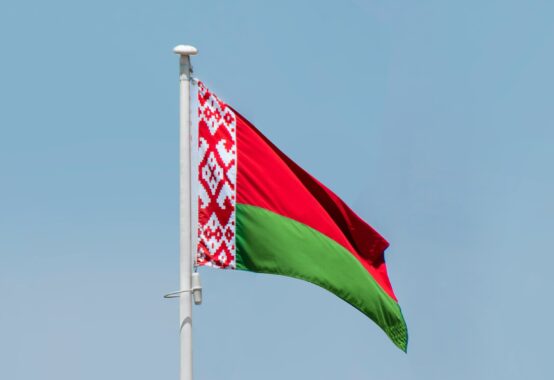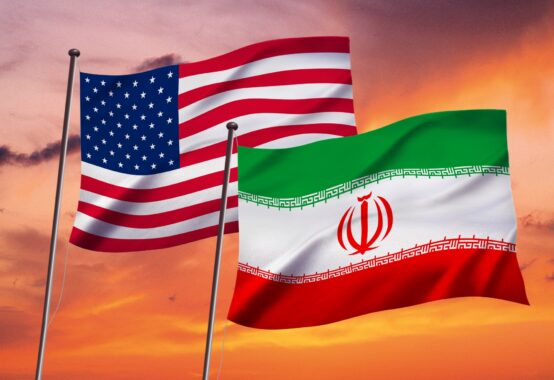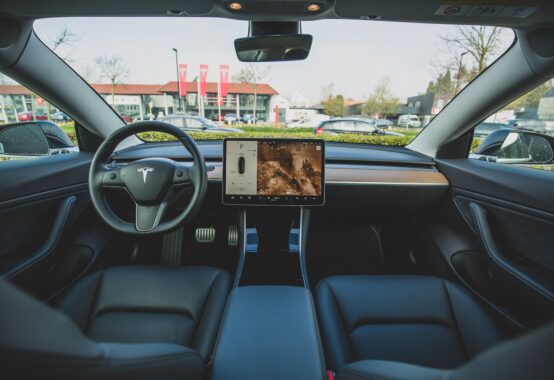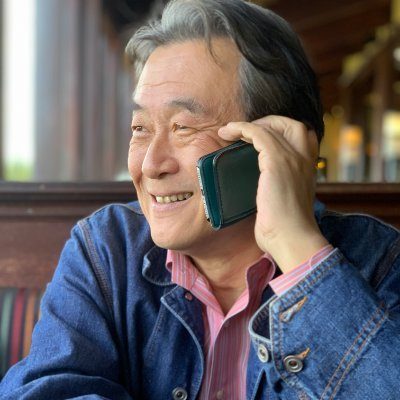Historically, both Saudi Arabia and Japan have been influenced by the western world since the mid-19th century. In spite of the fact that they have been dealing with the western world for more than one hundred years, both are still struggling in this area. Now, it has become an issue of how to work with the rest of the world, since the economic center has started diversifying drastically, from the west to other areas of the globe. As the world becomes more and more complex, both Saudi Arabia and Japan must promote themselves to protect and develop their advantages.
* * *
It was the middle of March when I arrived in Riyadh after midnight. Once the lights of the airport moved behind me, I could not see anything as the freeway was surrounded by the darkness of the desert. A week later, to catch a flight for Istanbul, I was in a taxi going back to the airport. Again, it was after midnight, and my taxi was driving down the same freeway.
In that one week I learnt that there are many camel farms in the desert. And I discovered that the Arab people are still chasing the backs of camels.
The truth is, many Arabs hire foreigners to take care of the camels on their farms. Yet these camels function, in a way, like a kind of medicine or balm. The relief they provide is a soothing of the soul, convincing modern Arabs that their traditions are still alive.
Riyadh is a modern city and instead of camels, cars flood the roads. In the old town, we could see many old houses and buildings being demolished to create shopping centers. It is astonishing to see how easily the Arab people destroy their old environment without hesitation. However, at the same time, they are preserving their traditional lifestyle. They still pray to Allah five times a day and men and women still wear traditional costumes.
This is the complete opposite of what I have observed in other cultures around the world. For example, when we talk about Japanese culture, it is always about the old villages and towns, traditional performances, historic temples and gardens. Japanese people, in contrast, appear to be completely westernized. It is rare to see a modern Japanese person wearing a traditional costume. Even in this conservative society, women’s equality is granted by law. All of this conspires to lay a trap for many non-Japanese visitors. Because Japanese people appear Western, foreign visitors anticipate that their way of thinking and values can be shared easily. In reality, Japan is one of the toughest countries in the world for cross-cultural communication.
In the Arab world, traditional culture is becoming more and more invisible, as it is increasingly bound within the mind of the people. Consequently, it is increasingly difficult for non-Arab people to see the frustrations and agonies of the Arab people. This is particularly true in an environment where all visible relics of tradition have been replaced with modern architecture and infrastructure, like what you see in Riyadh, Dubai and Abu Dhabi. Ironically, many westerners consider Dubai to be a good, safe place with no threat of terrorism, because it is ‘modernized like the West. ’ However, once visitors see the Arab people with their traditional clothes, they will be surprised to discover the gap between the modern buildings and their traditional way of life.
The reality is that the people of Saudi Arabia are still chasing the back of camels, even in the shadow of the skyscrapers. A Sudanese I met in Riyadh said: “the people who share the Arabic language and the Koran are brothers no matter what country they belong to.” The question is, how should the Saudi Arabian people express, explain and promote this sentiment to the world? How can people explain the value of the Koran and their historical background in the face of the world’s ignorance?
Nasser’s Egypt once criticized Israel and France for working together to push the Arab world back into its old regime. Yasser Arafat condemned the US justification for involvement in the Middle East, which didn’t acknowledge the tangled web that resulted after the fall of the Ottoman Empire. Despite these publicized statements, the majority of the world still clings to its stereotypes about Arab people and their religion.
Can the Arab people remain silent in the face of such stereotyping, holding in their irritation? Would it be right for them to express their frustration, even in a form of hysteria? Or are they just satisfied by silently maintaining sympathy with acts of terrorism?
* * *
Like Japan, the Arab world exists outside of the western cultural loop. Both have tried different approaches for expressing their feelings and opinions about the western world. And both are confronted with a serious need to convey their culture and way of thinking to the rest of the world. Japan has to intensify its interaction with the global economy, as the country deals with current economic difficulties. The Arab people need to have more interaction with the rest of the world, during this period of instability that stretches from Syria to Tunisia and as well as to Palestine and Iraq.
The Arab world needs to send a more logical and persuasive message to the West in order to replace the stereotypical images that have prevailed in western society, above all, since September 11th. To do this, the Arab people need to study and understand how to use the western world’s logic, culture and values for their own benefit. This can be said of the Japanese, too. Even if Japanese have been working with westerners for more than 150 years, they still cannot communicate well with the western world. This is because they have been studying western culture from an academic approach. They have not put enough value on real communication skills, of the kind acquired through daily business transactions. Therefore, even though they have studied English, they are still using it based on Japanese logic and forms of expression. Maybe Arabs have a similar issue.
The tribes in the desert, who inherited the great value of the Koran, must have their pride. Once, during the period of Abbasid Caliphate, this noble pride was wisely translated across the different cultures of the world. And during this time, western society was the beneficiary of science, technology and global information introduced by the Arabian people.
Like the Japanese, the Arab people need to consider how best to export their culture once again, using modern public relations methods. They need to create institutions that study and teach the methods of intercultural communication and promotion the skills necessary to delete current stereotypes and convey real knowledge and opinions in their place. This process can be accelerated by drawing advantage from those who have experience overseas.
The distance between Riyadh and Tokyo is 8700km. The visible scenery is so different between the two. However, if we dig through modern history, we can discover plenty of shared issues. And now, in the present, we share the issues put forth by globalization. How can we exchange our knowledge and share our experiences on these issues? I think we can work together tightly far beyond the oil business.

